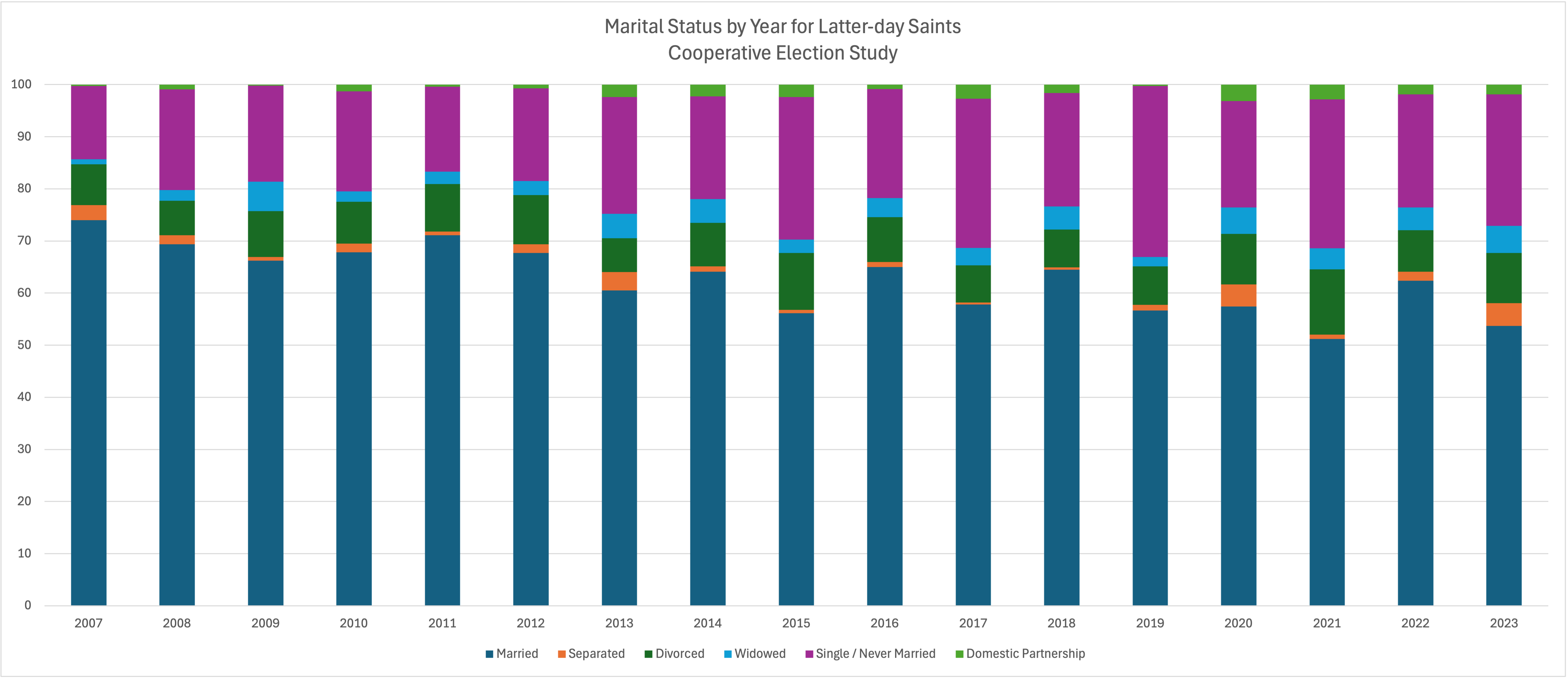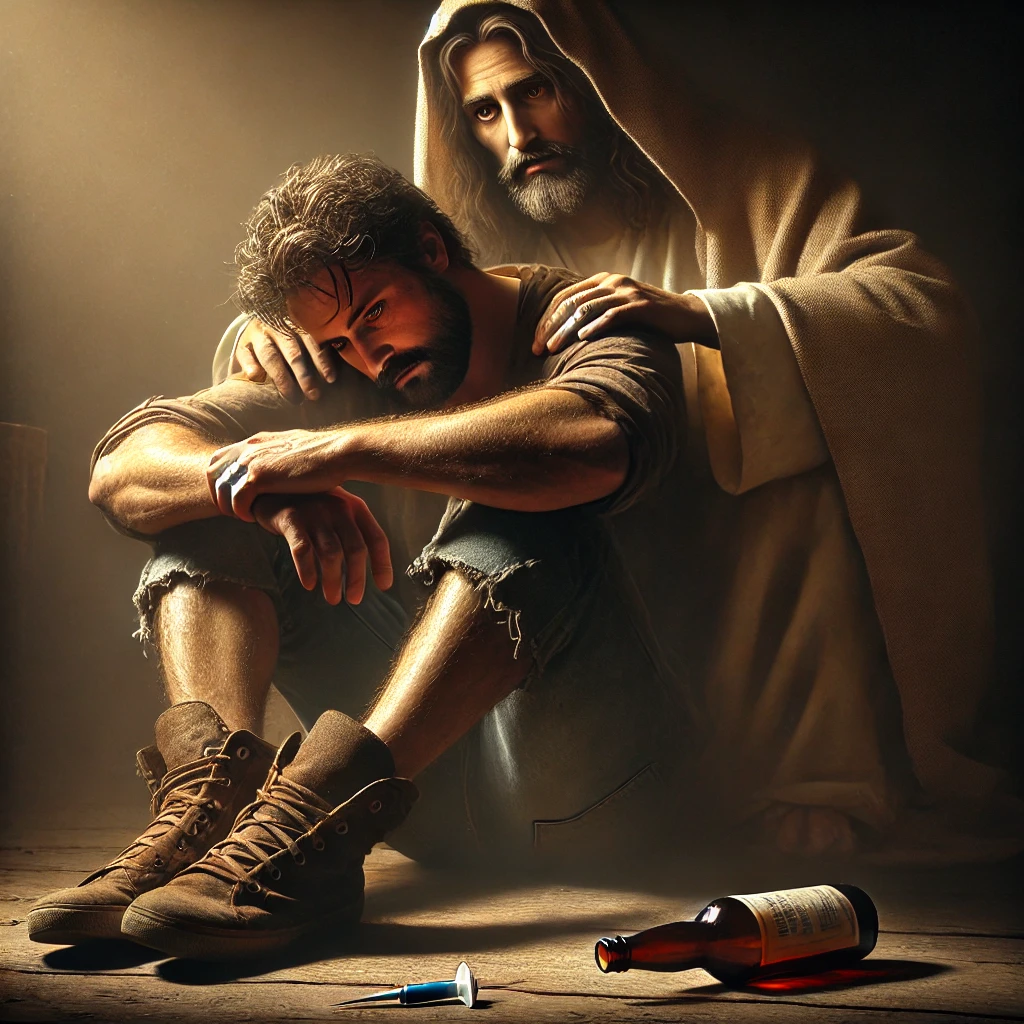Author: Stephen C
-
Cutting-Edge Latter-day Saint Research, November 2024
Hinderaker, Amorette. ““It was Nothing That was Super Subversive”: Resistance as a Narrative Process in Dialectical Identity Spaces Among Mothers of LGBTQ+ Children in the Church of Jesus Christ of Latter-day Saints.” Communication Studies (2024): 1-22.
-

The Restored Gospel, the Great Apostasy, and St. Clement
I finally got around to reading the Epistle of 1st Clement. Written by Clement of Rome (or, as bishop of Rome, Pope Clement I if you’re Catholic), 1st Clement represents one of the earliest if not the earliest authentic Christian document after the apostles. There has been a lot of back-and-forth about the nature of…
-
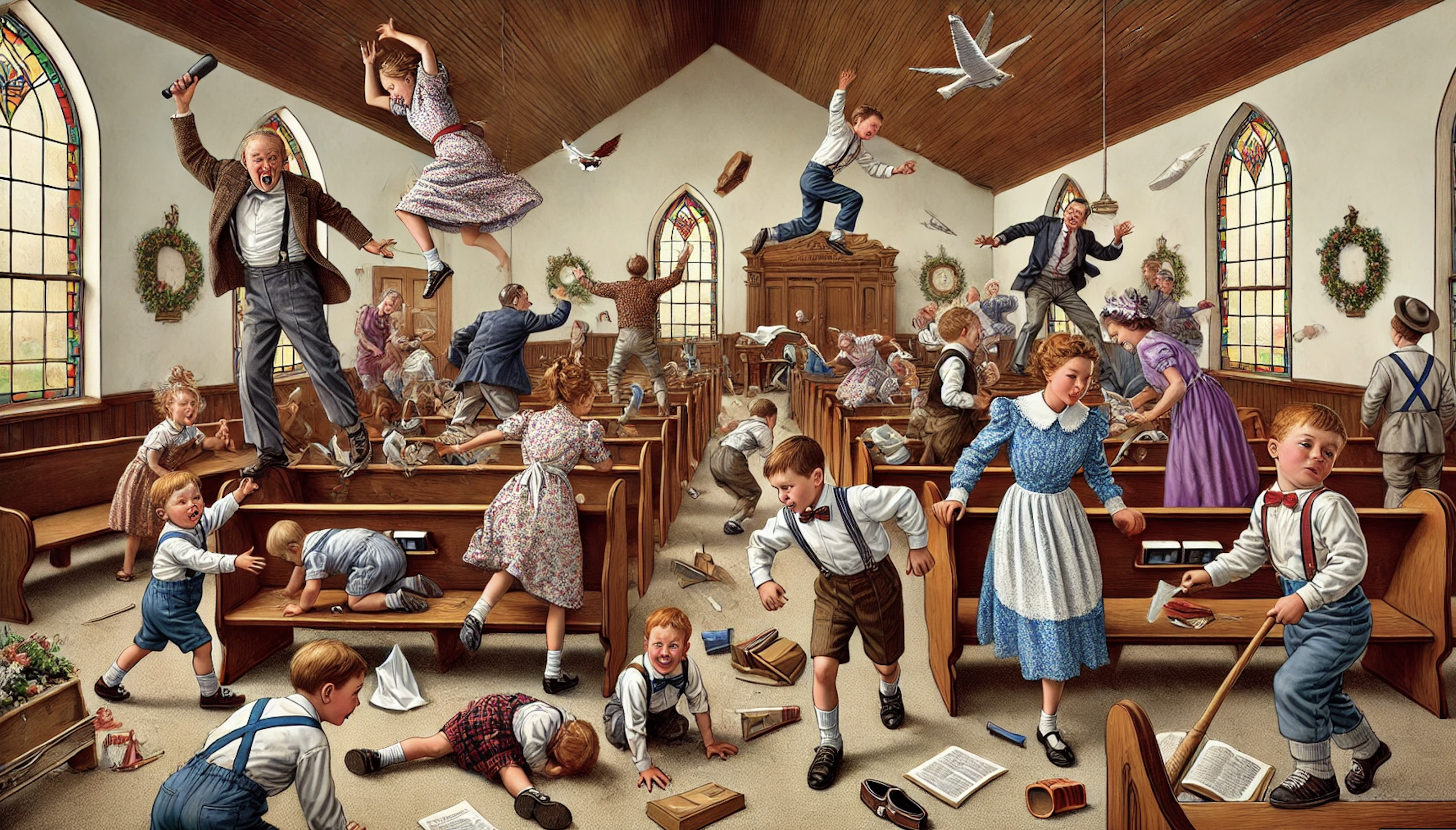
Rowdy Children, Judgment, and the Foyer
I try to avoid having too many “pet peeve” posts that focus on the negative, but it’s been a while so I think I can turn in a chip. Also, this post is not meant as an indictment of any current or past wards in particular, but is a more generalizable gripe. Matter of fact,…
-

The Cinematic Sexualization and Romanticization of Missionaries
Joseph Gordon-Levitt in one of the bajillion media depictions of gay missionaries No, I have not seen the movie Heretic yet. Based on what I have read, however, [spoiler alert] apparently it begins with a sexually explicit discussion between sister missionaries, and there are possibly sexual overtones near the end when one of the sister…
-
President Oaks Now Speaks Tamil, and Elder Bednar Now Speaks Spanish
I had heard that this was on the horizon, but now it’s free for everybody (well, 3 videos a month). You can upload a YouTube video and not only have it create a translation, but it is more or less in the voice of the individual, and the lips are synced so that it actually…
-

When is it Okay to Participate in Other Faiths’ Practices?
A few months ago I participated in a Traditional Latin Mass. More traditional-minded Catholics will genuflect when walking by or across the Host. As a non-Catholic I hadn’t considered what I should do until I found myself walking next to it and had to make a snap decision. On one hand as somebody who doesn’t…
-
Cutting-Edge Latter-day Saint Research, October 2024
Williams, Peter. “Detecting Semantic Differences between LDS and Christian Speech.” Schwa (2024).
-
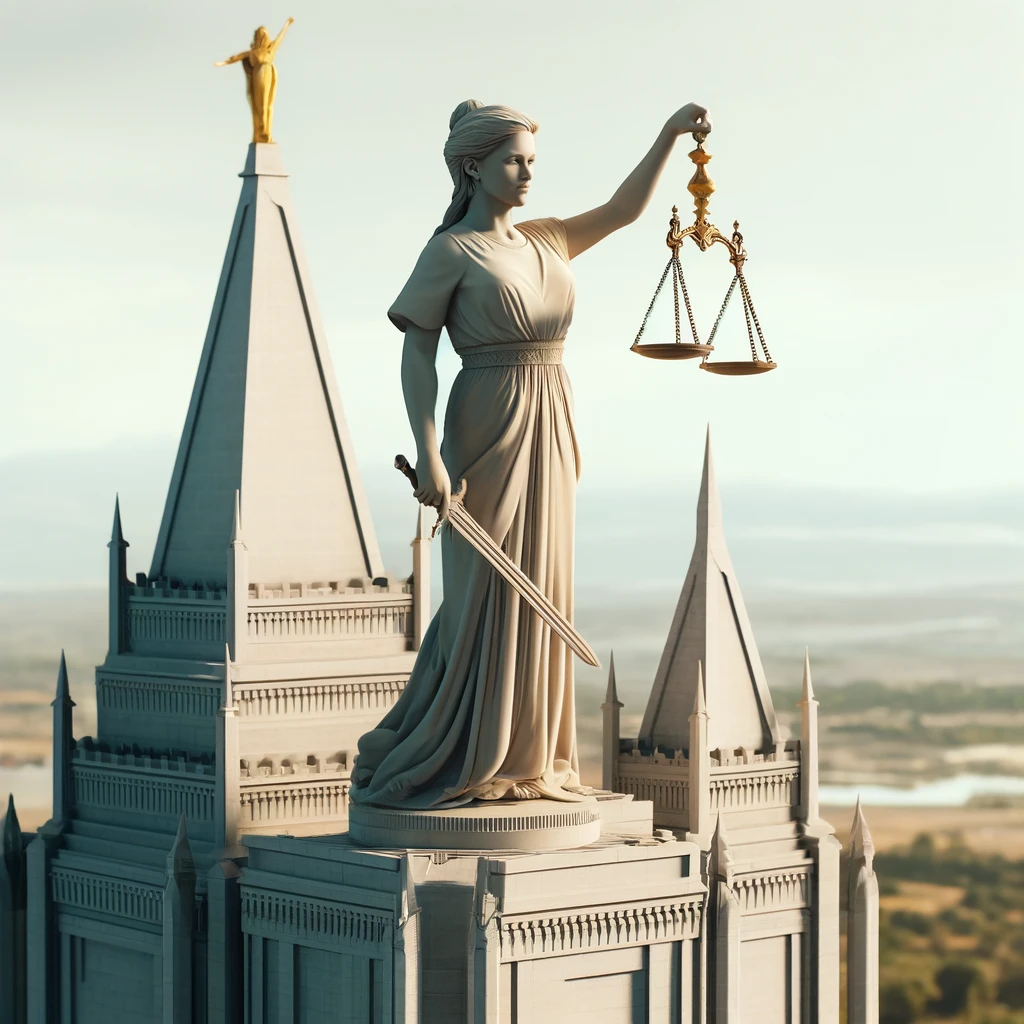
The Church’s Messages to the Supreme Court
An amicus brief is a document submitted to courts by groups or people who have some interest in the outcome of the case. For landmark Supreme Court cases a lot of professional organizations, for example, will take a position and outline their reasons. My understanding is that the justices and their clerks don’t actually…
-
Some Admissions of Ignorance
One of the markers of being the cool intellectual member is that you know where all the bodies are buried. I remember as a middle schooler cross-checking The Godmaker’s Journal of Discourses references and feeling like I was the recipient of arcane, secret knowledge. Of course, now the Internet has shouted everything from the rooftops …
-
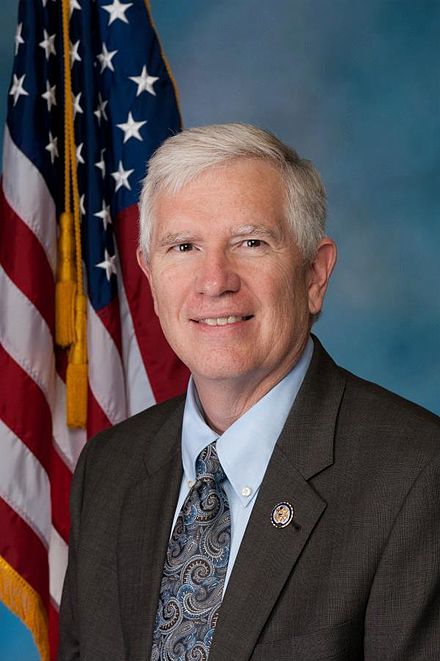
An Honorary White Horse Prophecy Award: Or, Romney Wasn’t the Only Republican “Latter-day Saint” Politician to Stand up to Trump
The quotes around Latter-day Saint are not for Romney, but Brooks, as explained below. Also, none of this should suggest that I’m on Team Democrat, and I don’t want this to devolve into some brute-force democrat versus republican fight in the comments, but on the issue of, you know, not overthrowing the republic I think…
-

Pharisees and Publicans, Thespians and Jocks
“God, I thank you that I am not like other people: even like this jock. I watch my language, am always worthy to pass the sacrament, am on the honor roll, and I give a tenth of all my income.” As a note, I put this post in the queue for the 5th a long…
-

My AI Generated Podcasts on the Bear Lake Monster and the Great Apostasy, And Other AI News
Apologies for doing another one of these so soon after the other one, but when it rains it pours. Since I last posted OpenAI released “advanced voice mode” to all plus subscribers. What this means is that the lag we’re used to when talking to AI is now gone, and now it is indiscernible from…
-
Cutting-Edge Latter-day Saint Research, September 2024
I don’t usually respond to articles that I dislike, generally just letting them talk for themselves, but the Miller and Dunn chapter promotes the myth of “soaking,” which is supposedly a chastity loophole that I discuss here. They reference a college newspaper which cites TikTok, so still no real evidence that soaking is a thing.
-

Why the King James Version is the Best Bible Translation
As a TBM there are a surprising number of issues dealing with religion where I have some agreement with Richard Dawkins, and one of them is that the King James Version is the best version of the Bible. When I say “best,” I don’t mean “most accurately conveys the oldest documents.” I know there are…
-

Recent AI Developments and Their Implications
A few days ago OpenAI released its much-rumored “Strawberry” system titled Chat-GPT4o1. While previous LLMs can provide an impressive writing at, say, the undergraduate level (especially if prompted well), the new system can “think” and plan better for technical concepts, and it can now answer scientific, technical questions more accurately than a PhD in that…
-

CNN Doesn’t Even Have to Dog Whistle With Us
This morning this headline was prominently displayed at the top of the page of CNN (on the mobile version, the Internet version was much more tame to their credit). The version I snapshotted above is newer, the original version had “Mormon” prominently displayed in both the title and the subheading. (It originally said something…
-
Top Mormon Studies Amateurs
Mormon Studies is relatively open-minded when it comes to accepting the contributions of amateurs. Here I am defining amateurs as people who are not employed by academia as their main gig, whether or not they have a graduate degree–some do, some don’t; also, here I am defining “Mormon Studies” broadly, as any original research endeavor…
-
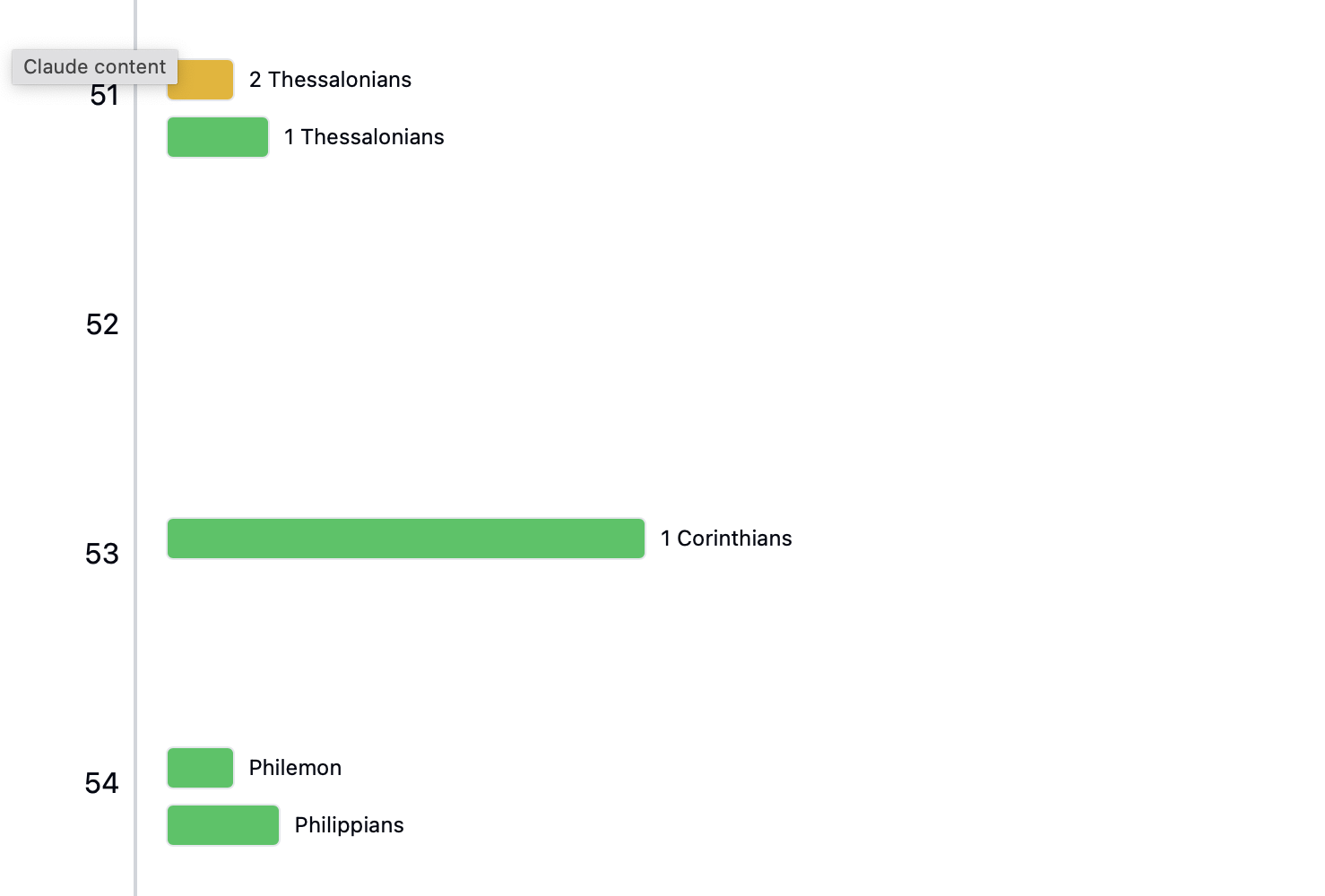
Data Visualization of New Testament Books by Size, Time Since Christ, and Authenticity
A part of the graph, the link below has the whole thing. Of the big AI players, Anthropic’s Claude is quite good at making diagrams, so I used it to generate an infographic I’ve always wanted to see, something that conveys in one visual how far away from Christ a book in the NT was…
-
Cutting-Edge Latter-day Saint Research, August 2024
Latter-day Saint missionaries helped bring basketball to Scotland, who’d have thought? (Actually, there’s probably a paper waiting to be written on all the ways that missionaries helped disseminate basketball, including famously helping coach the German basketball team in the 1936 Berlin Olympics). Also, the latest (maybe last? He’s getting old) publication by Richard Bushman. And…
-
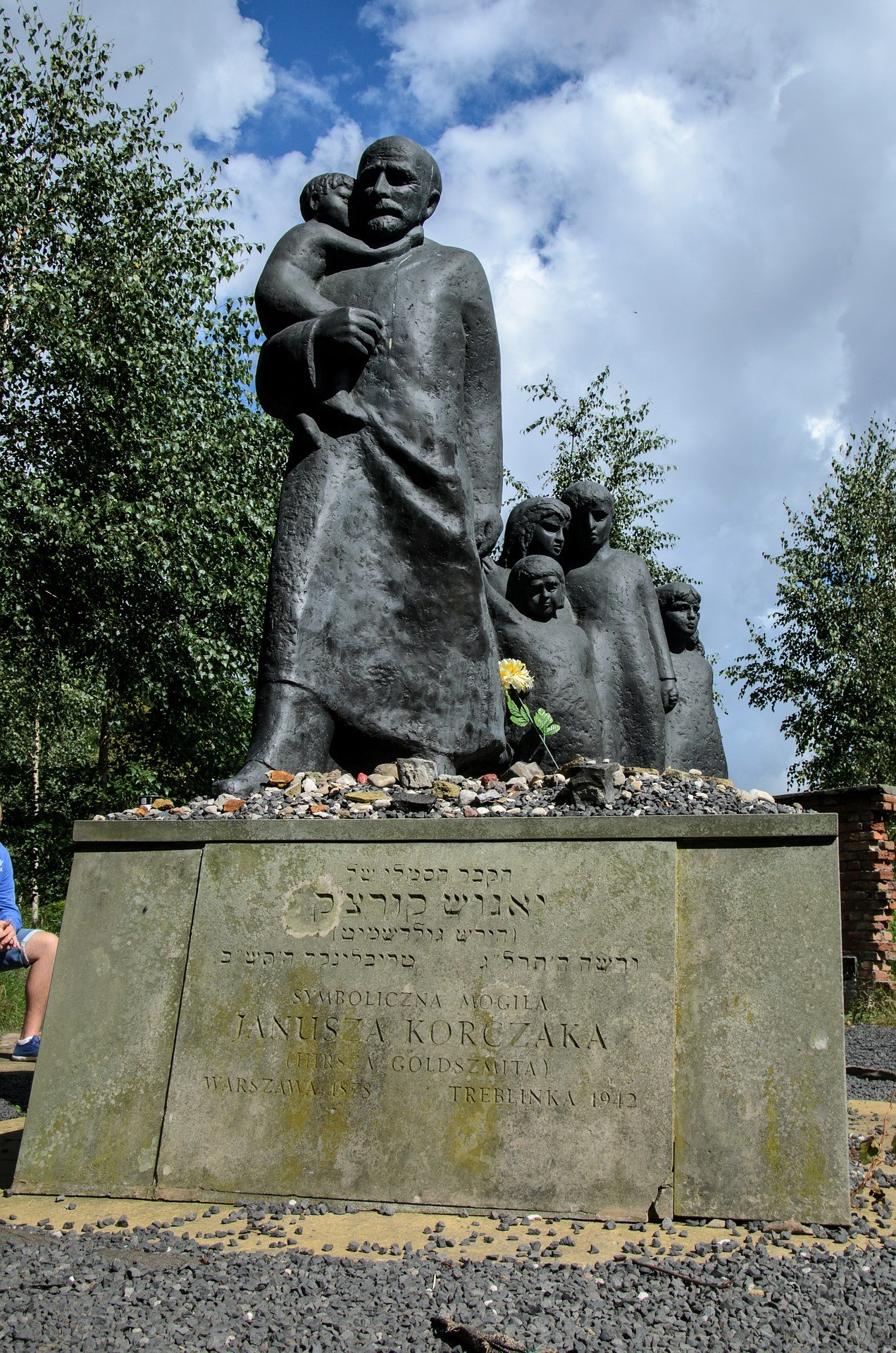
Latter-day Saint Book Discussion: “A Light in the Darkness: Janusz Korczak, His Orphans, and the Holocaust”
Monument in Warsaw to Janusz Korczak’s “Last Walk” as he accompanied his orphans to the Treblinka trains. Janusz Korczak is a remarkable figure that is surprisingly almost unknown in the United States despite being quite famous in Europe. A children’s author and pedagogue, his books, particularly King Matt the First about a child who becomes…
-

Apologetics and the Sheep Stealing Model
A few days ago Latter-day Saint apologist Jacob Hansen of A Thoughtful Faith had a debate with noted Catholic apologist of Pints with Aquinas fame Trent Horn that has been garnering some attention. At the outset, I love these sorts of things. A respectful but straightforward debate about contrasting religious views can help both…
-

AI Censorship and Sacred Cows
In the AI world there is a debate swirling about how much AI providers should censor their image generation. Of course there are plenty of things to mock in past attempts to censor or otherwise put a thumb on the scale of AI to be more socially appropriate. Exhibit A of course were the racially…
-

Is Anybody Excommunicated Anymore?
I assume they aren’t actually this dour, but what some people envision a disciplinary council looks like. Here I’m not addressing the normative question of whether we should excommunicate, I have already said my piece about that here. A while ago I was speaking to my stake president and made some humorous quip about him…
-

O’Sullivan’s Law and Latter-day Saint-Adjacent Organizations
Chat-GPT’s rendition of a very strict, orthodox Mormon, right next to a liberal, heterodox Mormon, because even heterodox Mormons still wear buttoned-up, tucked-in shirts evidently. O’Sullivan’s law, one of those cute Internet “laws,” states that “any organization or enterprise that is not expressly right wing will become left wing over time.” Like most Internet laws,…


